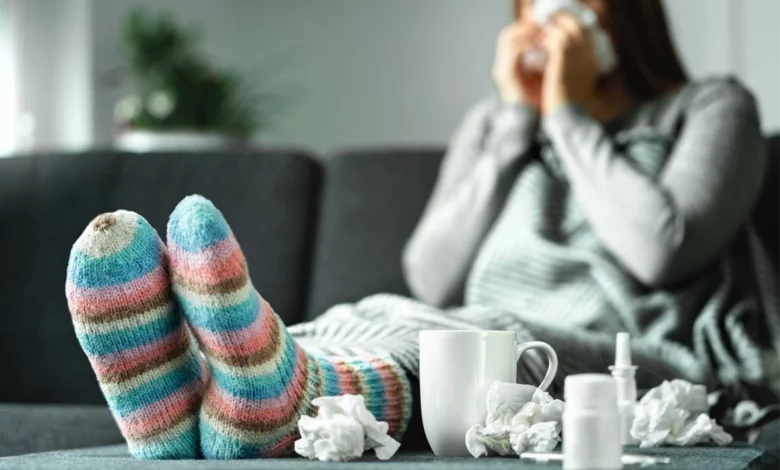
The Lviv region is set to enhance efforts to prevent and combat major animal diseases, including rabies, avian influenza, and African swine fever. This decision was made during a meeting of the State Emergency Anti-Epizootic Commission chaired by Deputy Head of the Lviv Regional Military Administration (OVA), Yuriy Buchko.
Epizootic Situation
The situation regarding rabies cases in the region remains controlled but tense:
- 113 cases of rabies have been recorded since early 2024, a 21% increase compared to last year.
- Over the past three years, rabies cases have tripled.
- While no cases of avian influenza or African swine fever have been reported in the region, neighboring areas in Ukraine have seen outbreaks, posing a risk to Lviv.
Buchko urged residents to report sightings of rabid animals to the State Food and Consumer Service immediately. He also emphasized the importance of vaccinating pets, which can be done at public or private veterinary clinics in the region.
In 2024, approximately 350,000 animals—including dogs, cats, livestock, and horses—were vaccinated against rabies in the Lviv region, with some vaccinations funded by pet owners.
Key Measures for 2025
The commission approved a plan for infectious and parasitic disease prevention in 2025:
- Rabies control:
- Implementing the 2024–2028 Comprehensive Plan approved by Lviv OVA.
- Organized culling of wild animals (foxes, wolves, raccoon dogs) to reduce population density to 0.5–1 head per 1,000 hectares.
- Updating records:
- Collecting data on the number of pets (dogs and cats) in settlements and submitting it to the State Food and Consumer Service.
- Animal care regulations:
- Strengthening enforcement of rules for keeping domestic and wild animals. Administrative measures will be applied to violators.
- Veterinary documentation:
- Ensuring animals being transported within Ukraine or through border checkpoints have proper veterinary documentation.
Call to Residents
Residents are encouraged to take responsibility for their pets’ health by ensuring they are vaccinated. This will help reduce the risk of dangerous diseases and protect public health.

